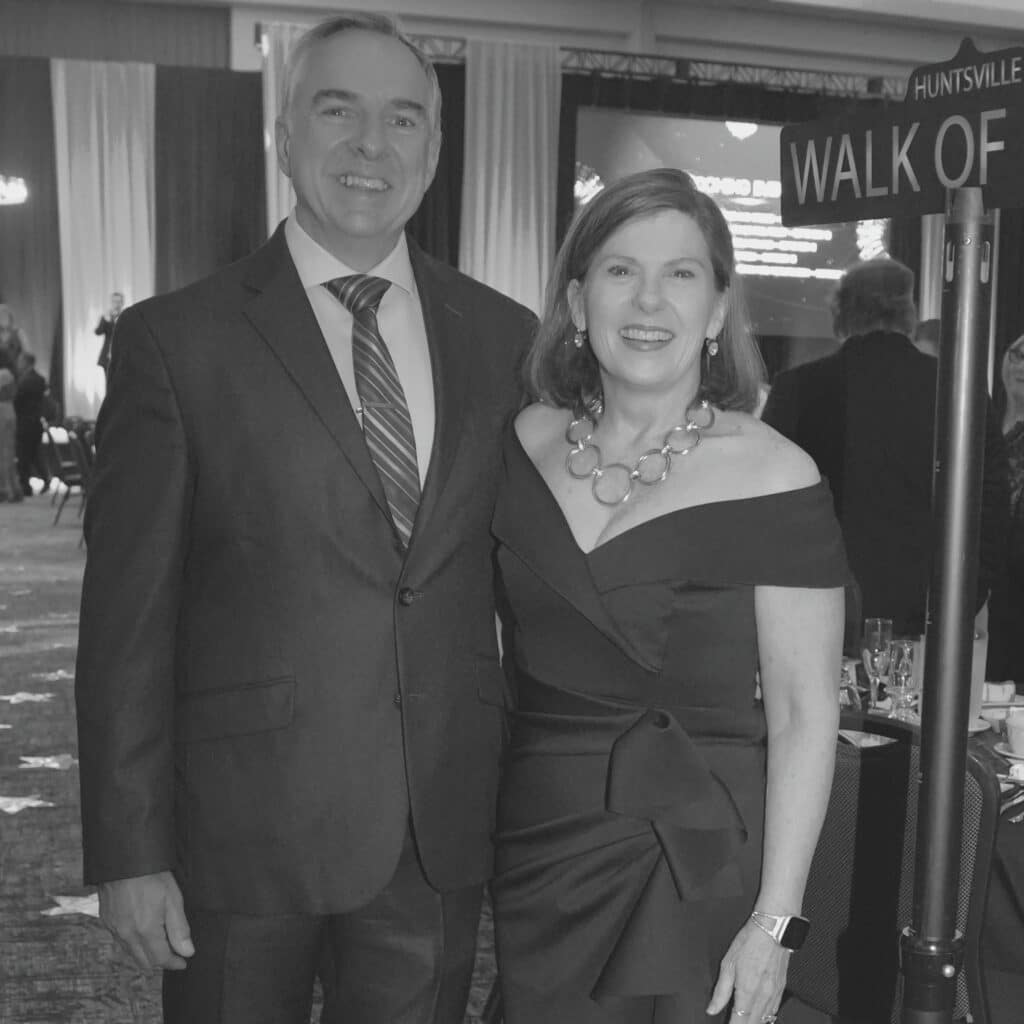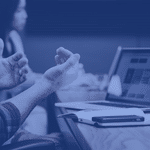08 Jun The Power of Quitting
I just heard Seth Godin speak about his new book “The Dip“. His book isn’t really about quitting, but about building mastery, but part of the path to mastery is about knowing when to quit. As an expert at quitting, or rather designing my own career path, I thought I’d add my thoughts about how this has worked for me and what some of the critical steps in recognizing dips are.
Understanding the Dip
Seth describes the “Dip” as the moment when something gets hard. Sometimes this dip is a sign that what you are currently doing isn’t right for you, you’re not motivated to do it, and you don’t have the skills or temperament to really succeed and attain mastery at what you are doing – then it’s really a cul-de-sac. Or it can also be the sign that you are just hitting the barrier that keeps others from attaining mastery, and if you perservere, and push through that dip, you will emerge with a truly unique skill and level of success that matches.
Dip vs. Cul-de-Sac
How can you tell whether it is just the moment before mastery or a cul-de-sac? If you can envision the goal beyond the dip, and feel motivated and excited to get back to the hard stuff, you may be experiencing the “Dip”. If you envision the goal, and you feel less than motivated, excited and energized to get there, you may be in a cul-de-sac, rather than a dip. Recognizing the cul-de-sac, you can move on to other goals and paths that allow you that chance at mastery and great success.
My Personal Journey
From my own experience, I learned this lesson early on. I was a PhD candidate at UC Berkeley in physical chemistry. Everything seemed to be going just fine, except that I was miserable. This could have been a dip, but as I contemplated getting my PhD, and going on into academia or corporate research, I felt even worse, and less motivated than ever. I really dug deep within myself to determine why I wasn’t energized by this path, and realized that the scientific research environment I was in wasn’t very “warm”, and required too much time alone in a lab to satisfy my need to connect with other people. Intellectually, I loved it, but as a significant part of my daily life, I felt too isolated and didn’t gain enough energy from being in the lab. For me, it was a cul-de-sac.
My peers from those days have gone on to do great things and taken wonderful professorships at great institutions. They are happy, successful, and have “broken through” the dip to achieve mastery in their fields. It is a good fit for them – they have the skills, temperament and drive to be very successful. I can’t be sure what would have happened if I had pushed on and finished my PhD, but I doubt I would have achieved the kind of mastery my peers who had the passion for the lab did.
Embracing Change and Finding Mastery
As I left the PhD program, I felt a great sense of relief, and I went on to pursue a career in strategy consulting in Japan and achieved mastery in Japanese language and culture, and strategic thinking. I leveraged that into brand marketing with big consumer companies, polishing strategy with implementation and adding coaching and organizational development. Transcend (www.transcendllc.biz) has been the culmination of that experience, which I now leverage for my clients.
In finding a way to combine my analytical and strategic thinking with softer people skills and mentoring, I identified a career path that is building mastery. What I have done is unique to me, and not done in the same way by anyone else – and the courage to quit something that made me unhappy has been critical to finding the path that motivates and stretches me.Quitting what no longer serves you is essential to discovering what truly drives you.
Recognizing Strengths and Weaknesses
Recognition of your own strengths and weaknesses, and finding those fields that allow your strengths to shine is one milestone on that path to success. You may stumble across them by accident, but self-knowledge allows you to make more conscious choices for your life and career path.
What motivates you? What skills and strengths do you have? How could you leverage that in a career and life path that lets you shine?
Related Articles
Ready to fearlessly provide feedback and get positive results?
Our Fearless Leaders MasterClass® Program will help you develop the emotional intelligence and leadership skills needed to have effective conversations.
Sign up to reduce manager overwhelm and employee turnover.




